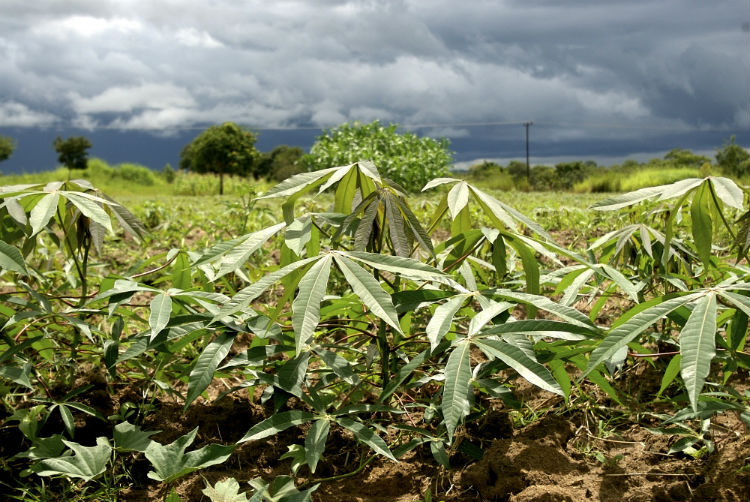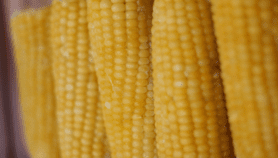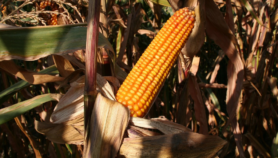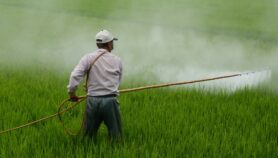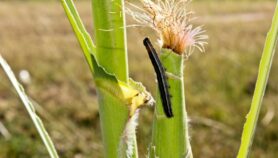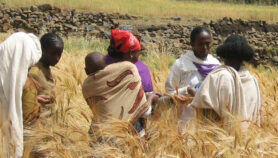By: Gilbert Nakweya
Send to a friend
The details you provide on this page will not be used to send unsolicited email, and will not be sold to a 3rd party. See privacy policy.
[YAOUNDE, CAMEROON] The debates around transforming the global South, especially Africa, are increasing, which is an indicator of how the continent is desperate to catch up with the developed nations.
As a journalist, I am always keen on telling stories about how to improve livelihoods, especially of the rural poor. However, having been born in a family where farming is the sole source of income and livelihood, nothing strikes and excites me more than debates on how to improve smallholder farming in Africa.
What fascinated me most were the training sessions that equipped farmers with farming and entrepreneurship skills to help them reap the maximum benefits.
Gilbert Nakweya
Such a moment came last week (6-9 December) during a forum in Cameroon on cassava where delegates deliberated on the challenges and opportunities facing the crop in Central Africa.
The forum that brought together smallholder farmers, government officials, scientists and the private sector participants delved deep into how to help smallholder farmers take advantage of the opportunities that exist to improve their livelihoods.
What fascinated me most was the training sessions that equipped farmers with farming and entrepreneurship skills to help them reap the maximum benefits from this crop.
Cassava is an important food and nutrition security crop in Central Africa, as I learnt and improving its value chain including increasing productivity was very essential for the region. In fact, nearly every person in Africa eats around 80 kilograms of cassava a year, according to the Nigeria-headquartered International Institute for Tropical Agriculture (IITA), one of the organisers of the forum. The IITA also estimates that 37 per cent of dietary energy comes from cassava.
In one of the sessions, it was noted that information and communication technologies (ICTs) such as radio, mobile phones and the internet are helping smallholder farmers in Cameroun, Central African Republic, Chad and Democratic Republic of Congo.
In Congo and Gabon, experts say that these technologies are helping smallholders access and share agricultural information from experts and find solutions to challenges on their farms. For instance, smallholder farmers in Congo use mobile phones to get information on the appropriate crop varieties for the soils and climatic conditions.
However, these farmers, as I learnt, cannot get the maximum benefits as quite a number cannot access and use ICTs such as the internet. In some cases, poor or lack of access to electricity and poor connectivity is a major hindrance.
For Central Africa to realise sustainable development, a lot of investments in agriculture — especially for the rural poor — is necessary. It is critical that all development actors invest more in ICTs to help smallholders access transform the agricultural sector.
This piece was produced by SciDev.Net’s Sub-Saharan Africa English desk.


